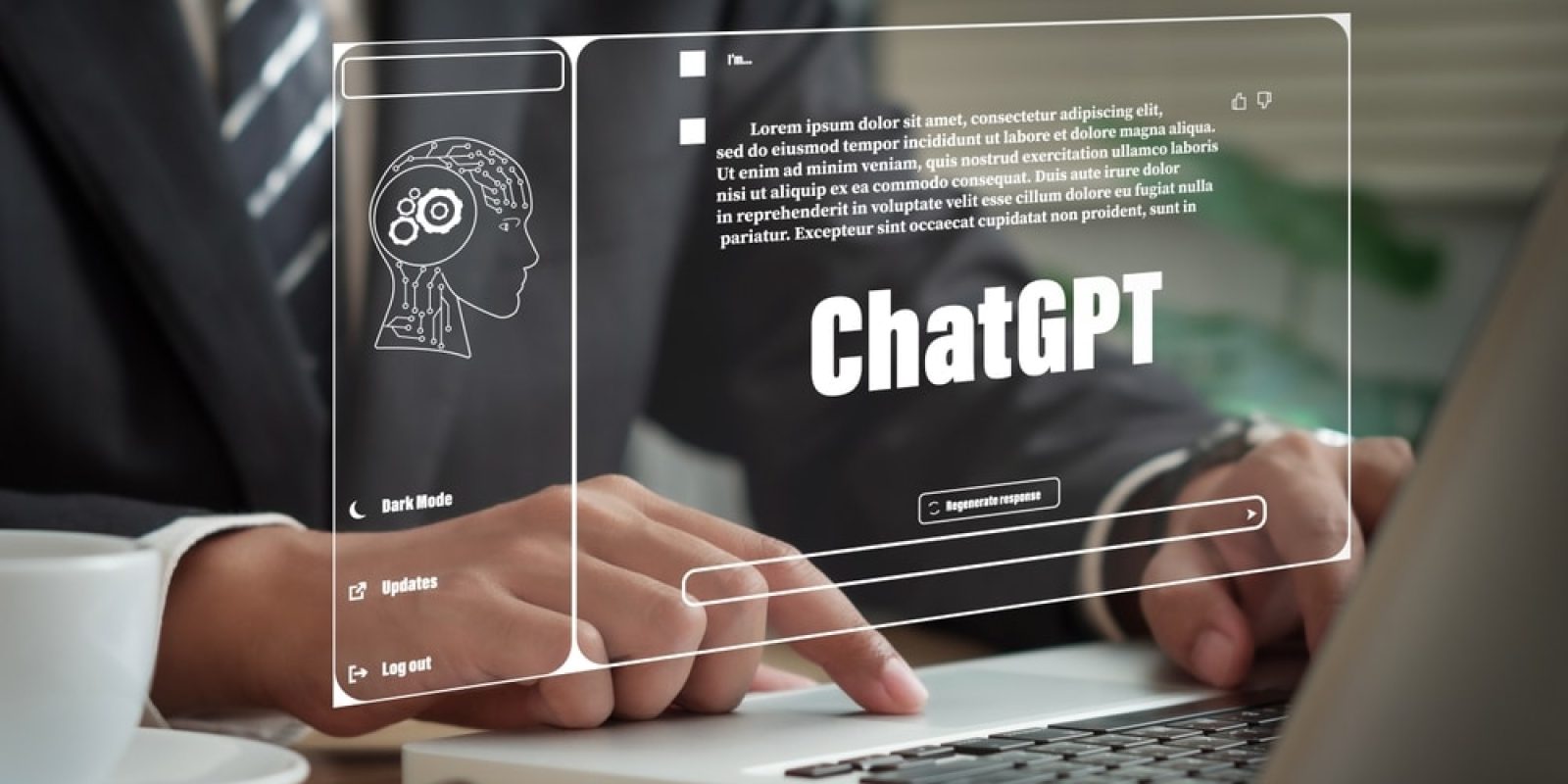Artificial intelligence (AI) has existed in various forms for almost six decades, but the AI boom over the last few years has surged into the forefront of technology and everyday conversations. A Global Artificial Intelligence in Supply Chain Management Market Report estimates that AI in supply chain management solutions will reach $17.5B globally by 2028. AI has historically been used to better leverage data to make business decisions and automate certain tasks for more efficiency, accuracy and consistency within operations. With the emergence of ChatGPT, however, AI is expanding to become much more accessible to the average user.
ChatGPT – The New Wave of AI
ChatGPT, created by OpenAI, is a new form of generative AI that uses swaths of pre-programmed data to answer prompts provided by the user. There are several differences between ChatGPT and the types of artificial intelligence that supply chains are already using.
The main difference is ChatGPT’s availability. Users do not need to be engineers or coding experts to use this technology, which is leading to much higher levels of experimentation and adoption. The other defining feature of ChatGPT is its language model; ChatGPT uses natural language processing. While traditional AI has leveraged databases, queries and structures, ChatGPT’s unique language model allows its users to have a conversation with the technology. Because of these two defining features, ChatGPT is much more accessible to the average user than the types of AI that are being used on an organizational scale.
Due to ChatGPT’s unique features, there is a new set of security concerns that need to be considered. First, let’s discuss how organizations are using this technology.
ChatGPT Use Cases
Companies across every industry are seeing the immediate momentum behind this new AI technology and are cautiously considering how it can be leveraged within their four walls. For the supply chain and manufacturing industries, this technology could use existing data to better understand customer patterns, predict industry trends, strategize inventory placement and more. However, ChatGPT and other generative AI platforms are years away from seeing wide-scale, organizational use.
While organizations haven’t yet adopted this technology on a large scale, it is being rapidly adopted on an individual basis. Employees are using ChatGPT to develop custom code and excel formulas, identify industry trends, support content creation and more.
Security Concerns with Generative AI
There are a few areas of concern with this rapid and individual-based adoption of ChatGPT in organizations across every industry.
Individual Use
Because this technology is so new, company policy is way behind when it comes to regulating it. Anytime an individual within an organization is using a piece of technology that isn’t monitored or regulated by the company, there is risk involved, and Chat GPT is no exception. With so many individual employees using ChatGPT for such a wide range of tasks, it is nearly impossible for leadership to mitigate any risk involved. For example, employees might not be using secure networks when using the technology, which could open any data being exchanged to the public. The lack of widely followed guidelines around this technology within an organization could allow security threats to slip through the cracks.
Data Privacy
Data privacy is a major concern for organizations looking to leverage this technology – especially those looking to use it to make client-related business decisions. Since this technology is still so new, we don’t know what happens to the data that is being fed into the chat. This creates all kinds of risks concerning customer data or private company information being leaked. Without guidelines around how individuals within an organization can use this technology, company leadership is unable to control what information is being shared with the technology and what is happening with that information.
Cybersecurity Threats
Anytime a new technology system is introduced into an organization, the threat surface area increases. This means that hackers have more opportunities to hack into your data, install malware and commit cyber-attacks against the company and its employees. If a company has data it wants to run AI on, that data must be important, and is therefore at risk of being hacked, stolen and leaked. Especially in such an unfamiliar environment with so few guidelines and regulations, companies are opening themselves up to more cybersecurity threats.
Knowledge Reliability
Beyond just security risks, reliability of the information being provided from this technology is not guaranteed. If the model your organization is using is hacked and the data is skewed, this could lead to poor business decisions based on this data, which would have negative ramifications for company, employees and clients. Additionally, it is possible for ChatGPT to provide responses that contain information that is protected by copyright law. In this case, a company could be opening itself up to legal consequences if it doesn’t go through the right channels to get permission to use that content.
Protecting Yourself from Security Threats
While new generative AI technology like ChatGPT introduces a new set of security concerns, it isn’t all bleak. There are a couple of steps that leadership can take to prepare an organization for ChatGPT and reduce the risk of cybersecurity threats.
Cybersecurity Training
Even if you aren’t leveraging generative AI in your organization, cybersecurity training is by far one of the most important things you can do to protect your organizations from threats. Trainings on data privacy, phishing and hacking avoidance and general cybersecurity awareness will prepare associates to be able to leverage this type of technology safely, without giving away proprietary company information or opening themselves up to cyberattacks.
Policies and Governance
The saying, “if you fail to plan, you plan to fail,” is now more relevant than ever. Currently, the biggest reason for ChatGPT’s threat to an organization’s security is that many organizations are not prepared to integrate it into their operations. To prepare, company leadership should create detailed policies that take into consideration any security and legal concerns, then educate company associates on the policy and how they can and should be leveraging the technology – as well as how they can’t and shouldn’t be using it.
How enVista Can Help
enVista’s managed services team has security experts who can help keep your organizations safe from cybersecurity threats. We help organizations implement KnowB4 security training modules, which educate all associates on cybersecurity and how to protect themselves and their organizations from falling victim to attacks. Let’s Have a Conversation.®






